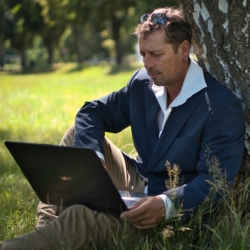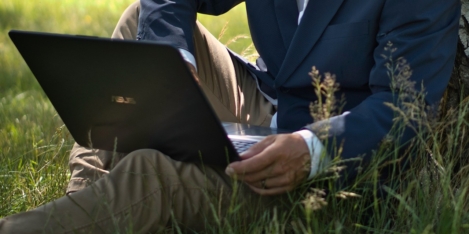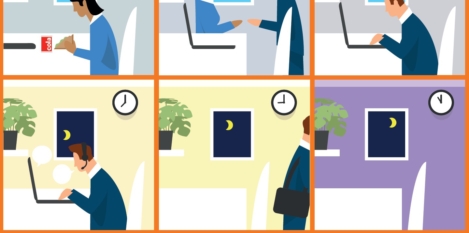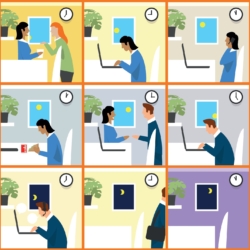To provide the best experiences, we use technologies like cookies to store and/or access device information. Consenting to these technologies will allow us to process data such as browsing behaviour or unique IDs on this site. Not consenting or withdrawing consent, may adversely affect certain features and functions.
The technical storage or access is strictly necessary for the legitimate purpose of enabling the use of a specific service explicitly requested by the subscriber or user, or for the sole purpose of carrying out the transmission of a communication over an electronic communications network.
The technical storage or access is necessary for the legitimate purpose of storing preferences that are not requested by the subscriber or user.
The technical storage or access that is used exclusively for statistical purposes.
The technical storage or access that is used exclusively for anonymous statistical purposes. Without a subpoena, voluntary compliance on the part of your Internet Service Provider, or additional records from a third party, information stored or retrieved for this purpose alone cannot usually be used to identify you.
The technical storage or access is required to create user profiles to send advertising, or to track the user on a website or across several websites for similar marketing purposes.
 Covid-19 has changed the profile of today’s jobseekers and as such, an organisation’s purpose is valued more than ever suggests new research from the recruitment agency Hays. Of the 13,500 surveyed, four in five (81 percent) professionals say working at an organisation that has a strong and positive purpose aligned to their motivations is important when considering a new role. Close to half (42 percent) say this has grown in importance since the outbreak of Covid-19. (more…)
Covid-19 has changed the profile of today’s jobseekers and as such, an organisation’s purpose is valued more than ever suggests new research from the recruitment agency Hays. Of the 13,500 surveyed, four in five (81 percent) professionals say working at an organisation that has a strong and positive purpose aligned to their motivations is important when considering a new role. Close to half (42 percent) say this has grown in importance since the outbreak of Covid-19. (more…)






 A new report from
A new report from 








 A new independent survey by
A new independent survey by 




 A new study by
A new study by 










September 11, 2020
The next chapter for office life, remote work and the stories we tell about it all
by Mark Eltringham • Comment